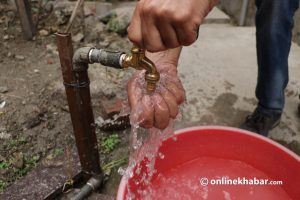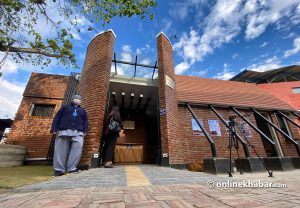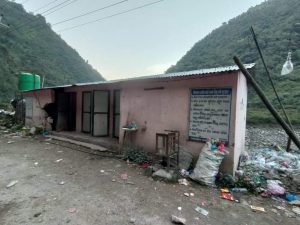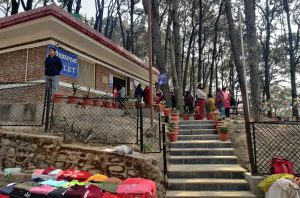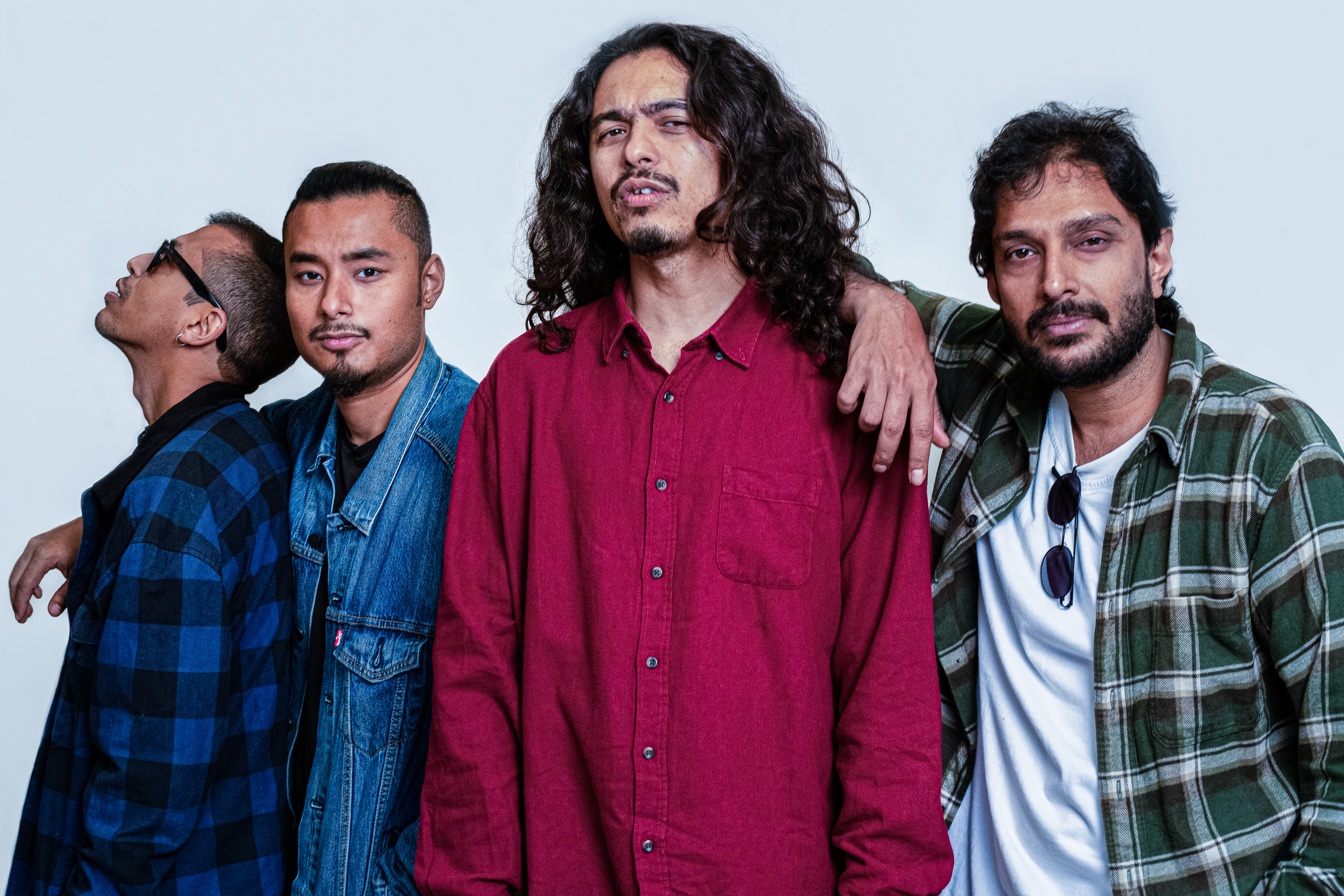
Going on a long road trip, one would normally look at the memories they would create. In the excitement of the trip, it is rather easy to forget that the distance would require many amenities including proper toilets. But, Basu Dev Upreti saw that toilet was something that drivers of public vehicles, especially those driving along the long routes, longed for. So, he invested in mobile toilets to cater to that mass and has been continuing the work since 2005.
Dubbed the ‘mobile toilet king’ and ‘waste king’ in Nepal, Upreti, at 65, is still continuing his work consistently and says has a lot to work through.
Unexpected start
Basu Dev Upreti was a student of construction management; he had not imagined that he would ever work in the field of waste management. “I graduated from Russia and when I came to Nepal, in the early 1980s, I started working with an INGO as a consultant. “
Upreti was close with Prem Lal Singh, a former mayor of Kathmandu, who said waste management was growing to be a problem in Kathmandu and there were no private stakeholders to work in the field. Upon Singh’s request, Upreti then put his hands in waste management in 1995.
“After PL Singh, when Keshav Sthapit became the mayor, he also moved the privatisation of the mobile toilet forward although the mobile toilets were only set up decades later.”

When the mobile toilets were first introduced in 2006, they got named the toilets on wheels. “The concept was inspired by the mobile toilets installed for tourists in many developed nations I had toured. So, here, I got the longest vehicle available [the green vehicle] and then designed the bus and remodelled it with toilets and urinals along with a handwashing corner and a dustbin. The buses also incorporated water tankers and cleaning materials.”
“In Kathmandu [with the growing urbanisation], it was said there was no space to build public toilets. But, during mass movements, we took the toilet in Ratnapak on lease from the government and set it up there. The toilet there was small as it was equipped only for urination purposes that were perfect for the leaders and the people who would gather there for one to two hours. The political leader appreciated that move.”
Today, he has three mobile toilets at his disposal and, as per him, they are being enough to sustain the business. “One stays in front of Sundhara, near the bridge to Kathmandu mall, and another in Tundikhel. Both places are prime spots where drivers and passengers of long routes drop off. The third one goes to just events.”
Why mobile toilets?
Before starting the mobile toilets, Upreti’s team conducted a survey, around 2005, and found that the Sundhara stretch would have some 100 pedestrians in the peak hour and 50 on average at other times. “So, we figured out there is a need for a mobile toilet.”
Upreti stresses mobile toilets are for the people from the lowest economic stratum. “Educated people and people who work have access to toilets, either at their home or office. They also have private vehicles so they can go park in the malls and just use the toilet there. Those people are also aware that toilets are for public use and they can just go and use the toilets anywhere at the mall or restaurants. But, people who are of the lowest community neither know about the toilets at the malls nor have the luxury to use them.”
Expanding on it, he says, “Public vehicle drivers, short or long, rarely have the time to use the toilets. They cannot leave the vehicle unattended while they go to the toilet. The traffic police will book them instead. Even if they are allowed to park, going to the mall and using the toilet is out of the question because they are made to feel insecure and out of place there. So for them, access to the mobile toilets is the easiest.”

For the use of mobile toilets, they charge only Rs 10. So, it is not that much and when you look at the bigger picture, it is just enough to sustain. The business, he says, is not to seek profit. “It is a social responsibility; we do not aim to make a profit. The company itself is registered as a social enterprise.
Prospects of commercialising mobile toilets
But, is there a prospect of commercialising mobile toilets?
When Basu Dev Upreti first operated the mobile toilets, he faced many judgements from his family or close ones, “They used to frown on the idea and would say why to waste time working on waste or toilet sector.”
But, he says he got support from the users. Nowadays, there is another section of the population that frequently uses the toilet. “Many riders working for ride-sharing apps like Pathao, Tootle and inDriver have also found it easier to use the mobile toilets. Traffic police and other security personnel who are working around the clock have been the most appreciative of the toilets and they support us immensely too.”
“Then, the event companies have been our biggest clients since many events require them to book a mobile toilet. They are seeking some discounts afterwards for using them though.”
Apart from that, he says mobile toilets can be run as businesses during public events. “At Tundikhel alone, there are about 20 events held annually, but there is no space for toilets. For festivals like Gaijatra too, we lend the toilet and coordinate with the Kathmandu metropolitan city (KMC). As we have signed an MOU with the KMC, we go to the events that are held in coordination with the KMC including the political gatherings.”
There are more than 50+ consistent customers and more than 1,500 daily users. This includes local governments in Kathmandu and Bhaktapur and many event management companies as well as private companies and indigenous communities.
The mobile toilets are also easiest to clean and maintain. “It is some 200 sq ft long with the pan dimension of 8×14. The pans are made of 100 per cent thick stainless steel so cleaning and maintenance effort is low. It is just Rs 60 on any average day to do it.”
Hence, expansion is on his mind. But, for now, he wants to invest in just one more vehicle to cater for the event-based needs. He says, “However, there are no longer vehicles available that can be remodelled and added to the services.”






